Kakao Games set to release Norse-themed MMORPG Odin: Valhalla Rising worldwide Game has surpassed 17 million downloads across Asia Discover four of the nine realms with near-seamless expl
Author: AudreyReading:2
Marvel's Fantastic Four: A Timeless Legacy and a Glimpse into "First Steps"
The Fantastic Four, Marvel's First Family, have reigned supreme in the superhero landscape for over six decades. Their enduring appeal stems from a potent blend of extraordinary abilities, compelling family dynamics, and relatable human flaws. The recent trailer for Fantastic Four: First Steps offers a tantalizing preview of Marvel Studios' latest interpretation of this iconic team.
The film, steeped in a stylish 1960s retro-futuristic aesthetic, introduces a stellar cast: Pedro Pascal as Reed Richards/Mr. Fantastic, Vanessa Kirby as Sue Storm/Invisible Woman, Joseph Quinn as Johnny Storm/Human Torch, and Ebon Moss-Bachrach as Ben Grimm/Thing. They face the daunting task of balancing family life with the immense responsibility of protecting Earth from the formidable Galactus (Ralph Eienson) and his enigmatic herald, the Silver Surfer (Julia Garner).
This adaptation promises a thrilling cinematic experience, seamlessly weaving together exhilarating action sequences with poignant moments that underscore the strength of familial bonds. Let's delve into the origins of this legendary team and explore the parallels with the upcoming film.
The Genesis of Marvel's First Family:
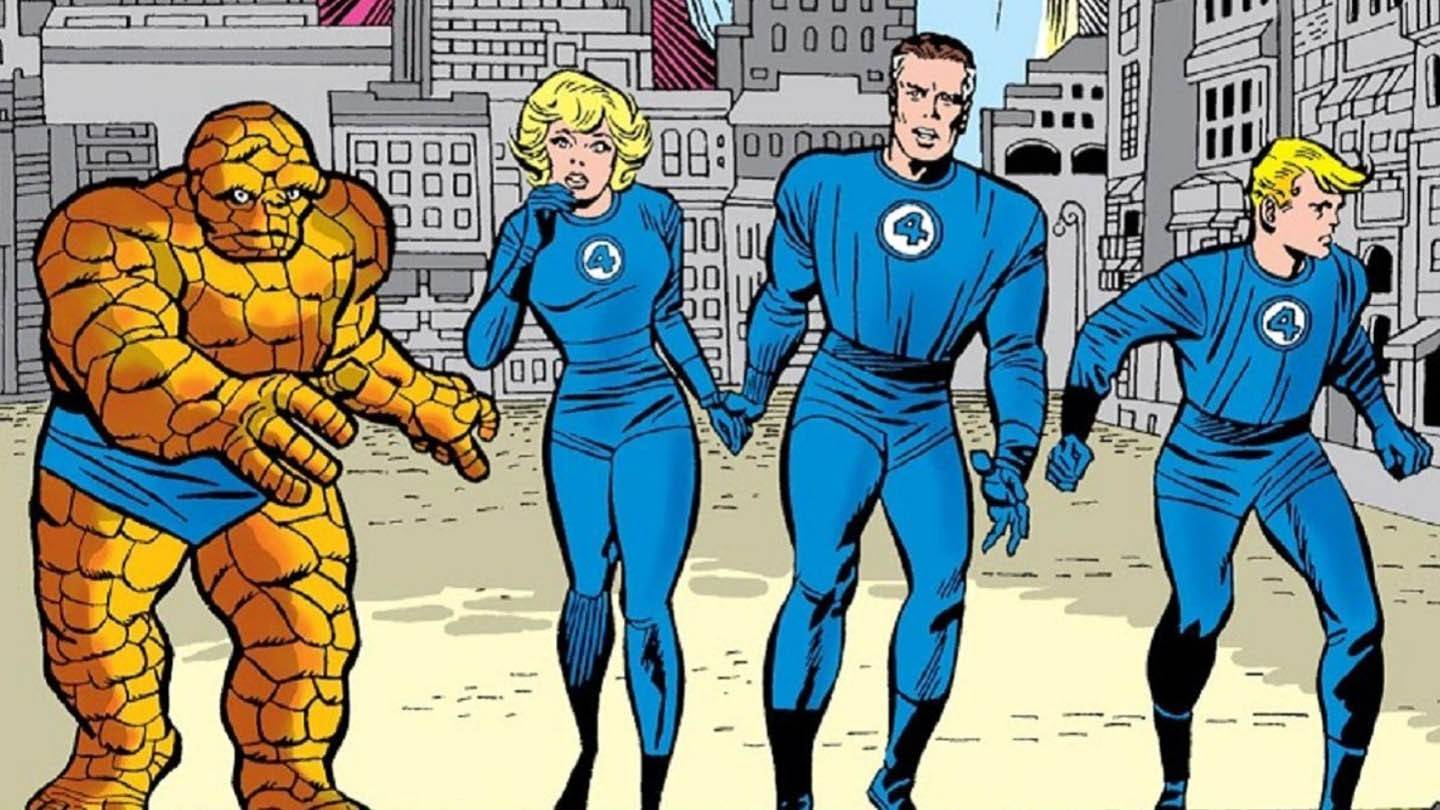 Image: marvel.com
Image: marvel.com
Despite occasional dips in popularity (such as the period between 2015 and 2018), the Fantastic Four remain a cornerstone of Marvel Comics, their enduring legacy solidified by creative talents like Alex Ross. Their creation emerged from a moment of creative rejuvenation for Stan Lee, spurred by his wife's encouragement and the burgeoning success of DC's Justice League. Marvel publisher Martin Goodman, aware of DC's sales figures, commissioned Lee to create a superhero team, but Lee, collaborating with artist Jack Kirby, chose a revolutionary approach.
Redefining the Superhero Archetype:
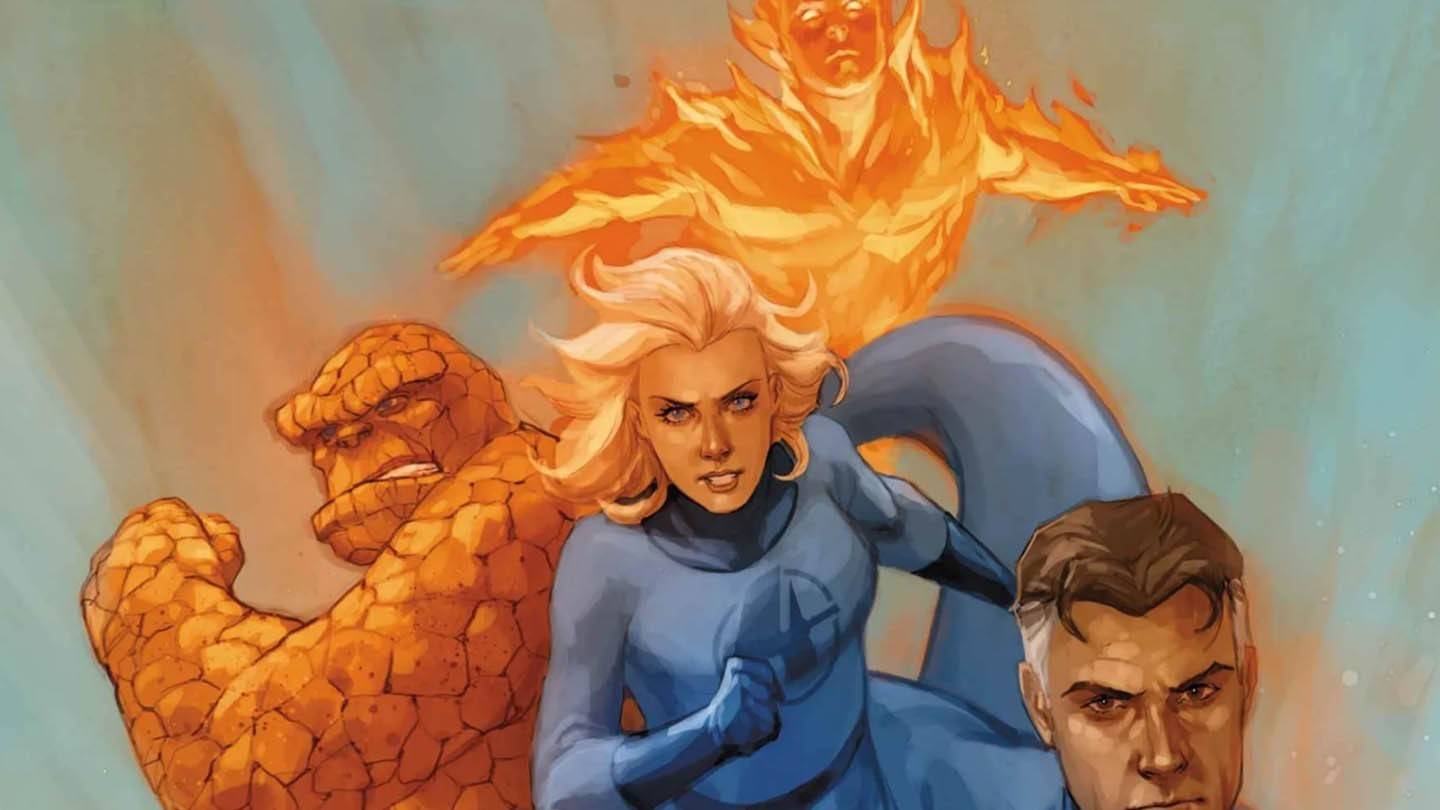 Image: marvel.com
Image: marvel.com
Lee envisioned a team of flawed, relatable individuals, not idealized paragons of virtue. Reed Richards is the brilliant but sometimes detached scientist; Sue Storm, a powerful woman defying societal expectations; Johnny Storm, an impulsive teenager; and Ben Grimm, a loyal friend grappling with his transformation into the Thing. Kirby's artistic vision brought these characters to life, particularly the Thing's iconic design, transforming a vague initial description into a memorable powerhouse.
The Foundation: Fantastic Four #1:
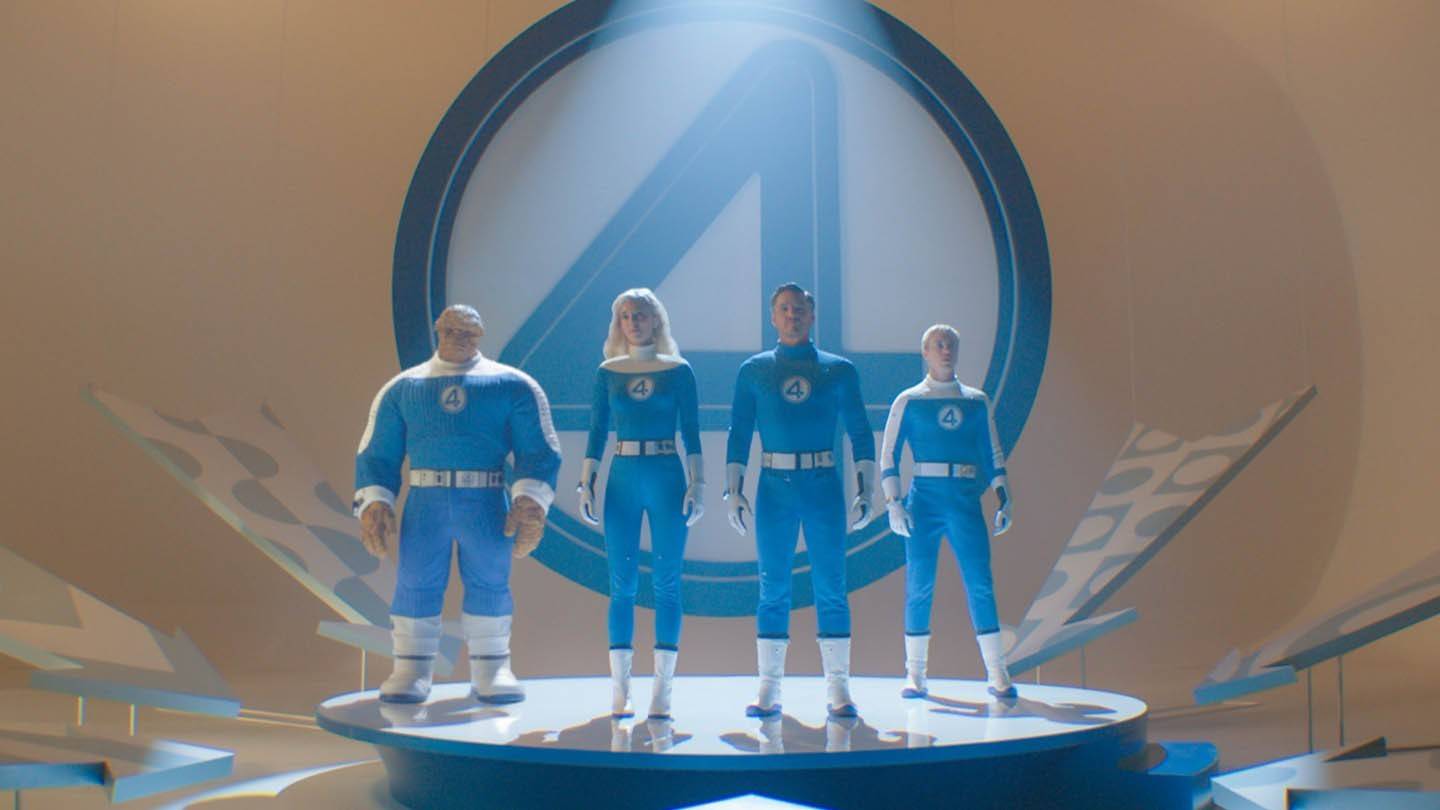 Image: marvel.com
Image: marvel.com
The inaugural Fantastic Four #1 (August 1961) introduced a groundbreaking narrative structure. Instead of traditional exposition, the story plunges readers into the action, gradually revealing the characters' identities and backstories. The pivotal space mission, driven by Reed's ambition and Cold War anxieties (mirroring Yuri Gagarin's real-world spaceflight), exposes the team to cosmic rays, bestowing them with their extraordinary powers. Their first mission against the Mole Man sets the stage for their ongoing struggle against formidable foes. The new movie's plot is directly inspired by this foundational comic.
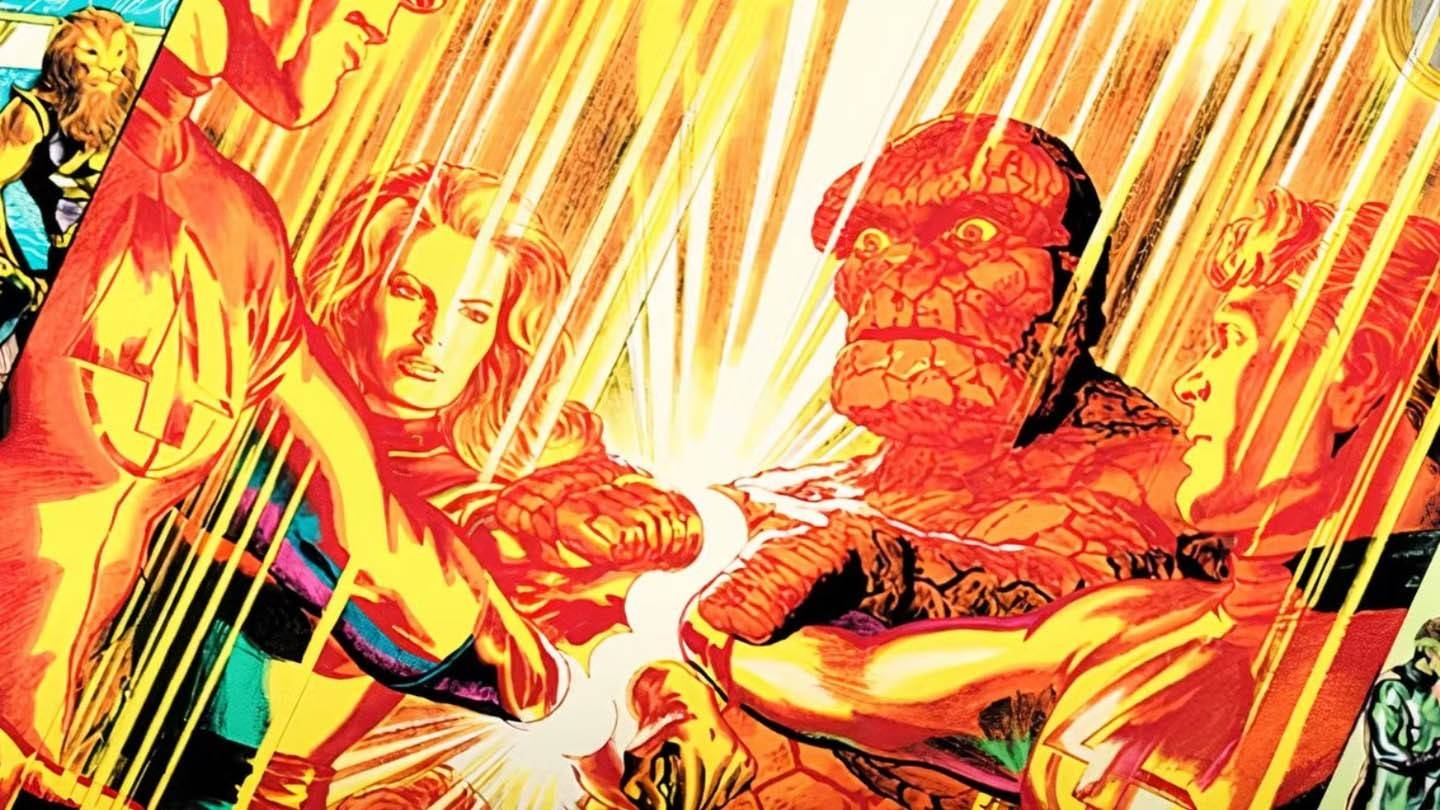 Image: ensigame.com
Image: ensigame.com
Modern Relevance and the Future:
The Fantastic Four continue to evolve within the Marvel Universe. Current iterations, such as Ryan North and Iban Coelho's series, offer a blend of humor, action, and drama, exploring themes like the Thing's struggle for acceptance. While past interpretations have received mixed reactions, their significance to the broader Marvel narrative remains undeniable. Their roles in events like Devil's Reign solidify their status as pivotal figures, and Doctor Doom's continued machinations keep fans engaged. Fantastic Four: First Steps promises to add exciting new chapters to their enduring story.
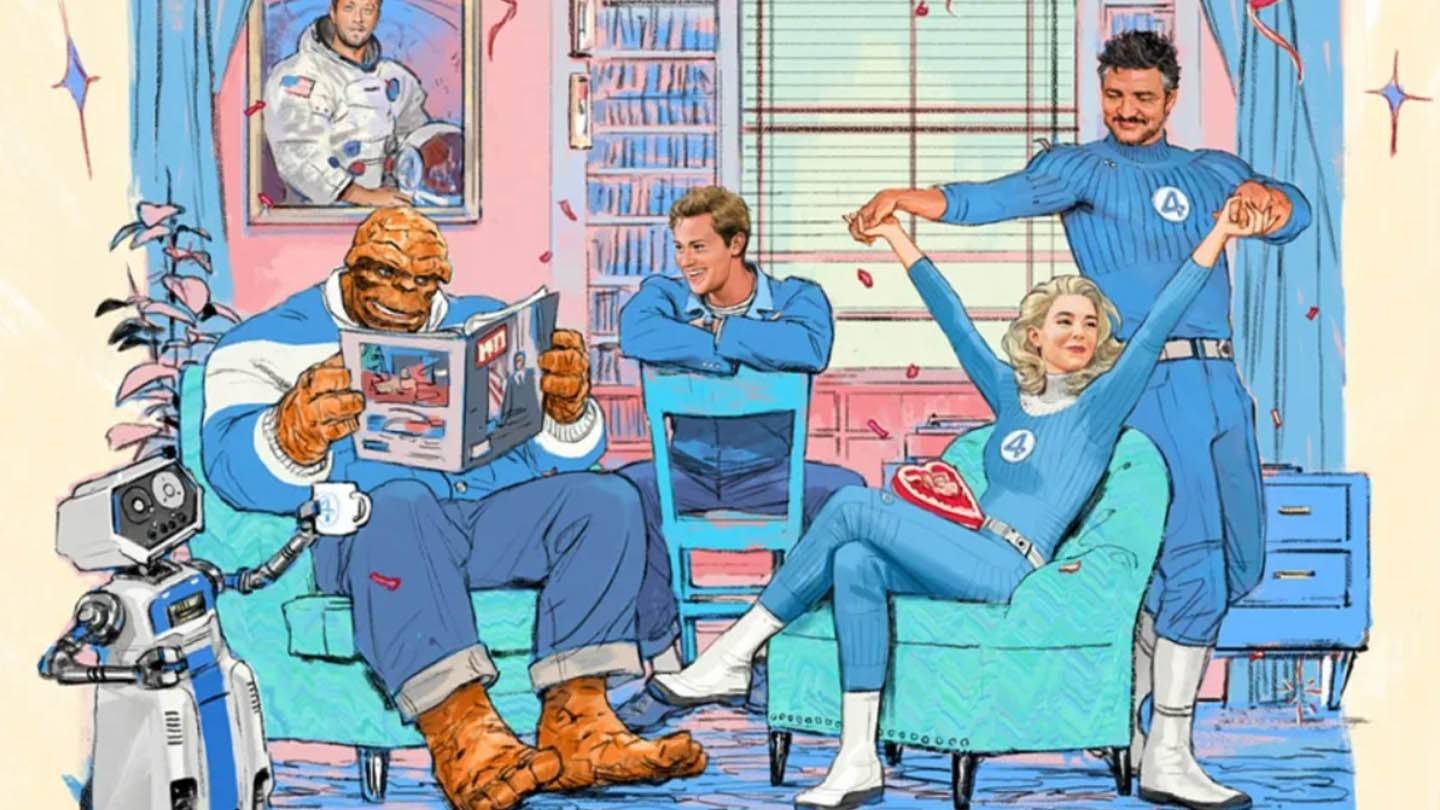 Image: marvel.com
Image: marvel.com
The Enduring Power of the Fantastic Four:
From their debut to their upcoming cinematic return, the Fantastic Four embody the enduring appeal of Marvel's storytelling. Their complexity, vulnerability, and familial bonds transcend traditional superhero narratives. Their adventures, whether against cosmic entities or personal struggles, remind us that true strength lies in unity, resilience, and love. As long as these values resonate, Marvel's First Family will continue to captivate audiences for generations to come.
 LATEST ARTICLES
LATEST ARTICLES